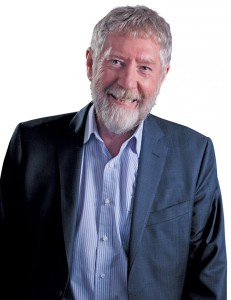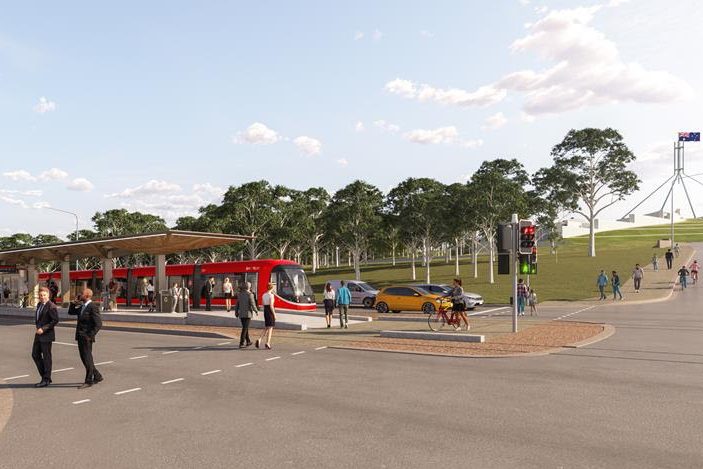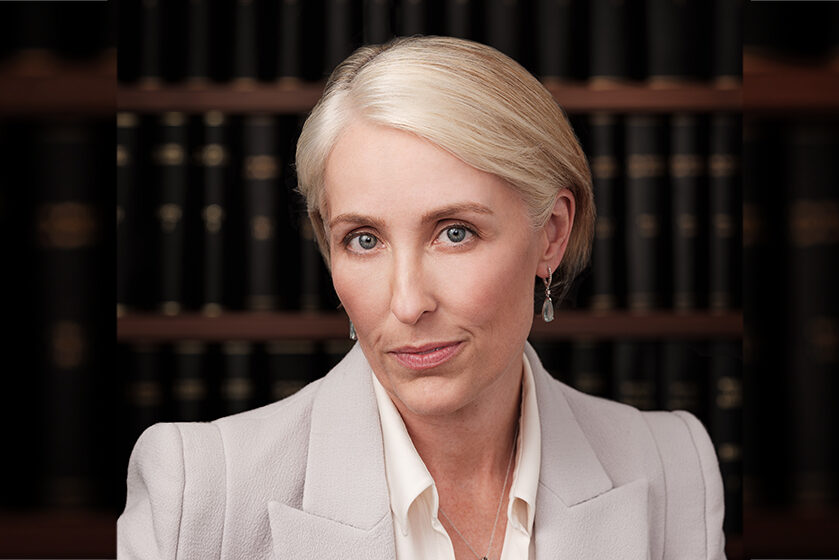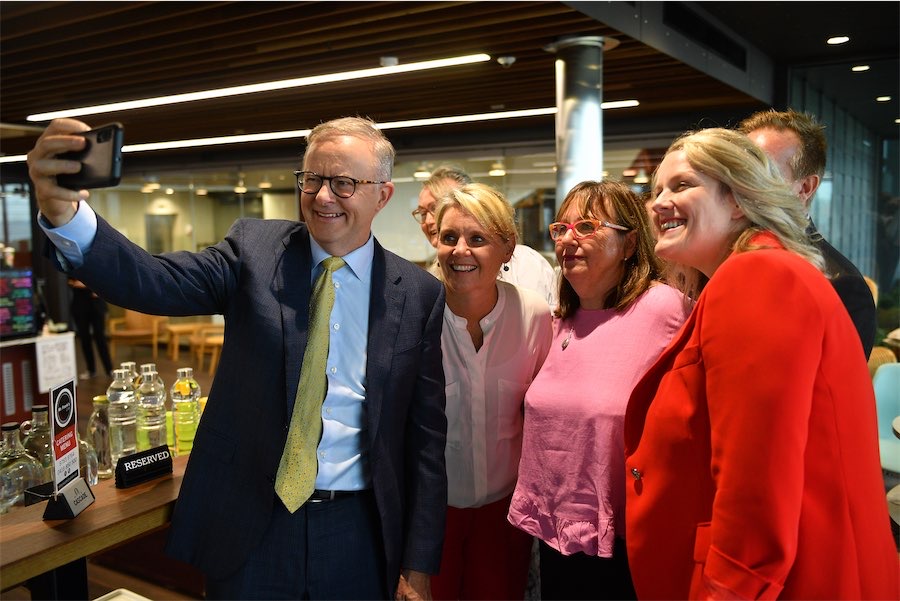THE debate over lowering the age of universal preschool to three years has added a fresh paradigm to political debate in Australia. Rather than personal attacks that have been the mark of so many recent debates, the issue has identified a major philosophical divide between the political parties.

Labor’s proposal, announced by Opposition Leader Bill Shorten, for 15 hours a week of free preschool education to three-year-old children will apply to children attending state-government-run preschools, or subsidised for those getting preschool education at private childcare centres.
Education is shaping up to be a major issue in the coming election. However, the debate goes well beyond education to an arm wrestle over party philosophy and ideology. Voters will be challenged to support a party that promises to lower taxes or, alternatively, to one that will look after the welfare of all Australian children – independent of socio-economic status.
If only it was that simple.
Labor’s preschool plan is to cost $1.75 billion over three years from 2019. Labor promises to deliver “a quality, two-year program that boosts development in the most important years of a child’s development”. Government rhetoric is criticising the proposal as ill-thought out. However, in February a meeting of state and territory education ministers concluded this concept in early childhood education would be the “single most impactful reform Australia could undertake”. They identified a “compelling” case for the “investment”.
The concept of investment rather than simply expenditure also differentiates the coalition from the opposition. Watching every dollar in order to reduce expenditure is laudable to a certain extent. However, the evidence is clear that when investment is made in early childhood education there is a remarkable return after a decade. This is why around two thirds of OECD countries already invest in three-year-old education.
“All it shows is that Labor will be a big-spending, big-taxing government,” was the response of Federal Education Minister Dan Tehan to the announcement. He went on to criticise Labor’s plan by arguing for increasing rates of participation of four-year-old preschoolers before bringing younger children into the mix.
However, the main message, reiterated by Prime Minister Scott Morrison was about tax. According to Tehan: “This is a big headline number, it’s big spendage by Bill Shorten, which means that your taxes will go up.”
“Your taxes will go up” is developing as the tag line for the coalition government as it prepares a scare campaign against Labor’s promises.
“Your taxes going up” did not seem to be a problem when the coalition spent big to win the private school (and particularly the Catholic) vote. A long-running battle between the Catholic Church and the coalition was finally settled by the Morrison government at a cost of $4.6 billion over 10 years.
Apparently expenditure by the conservatives is through good economic management. However, other proposals can only be achieved through “raising taxes”.
Shorten presented an alternative view. The coalition tax breaks for huge multinational corporations have little to do with “your taxes”. They have much more to do with who has made a donation to the political party and the influence that might be brought to hand – invariably using the internationally discredited “trickle down” economic arguments.
According to Shorten on the three-year-old announcement: “It’s re-imagining childcare into early childhood education and I think Australia, parents and the kids will all be the winners.”
He is also hoping this assists Labor to become an election “winner”.
Voting decisions are more complicated than increased taxes versus the community good. As Paul Bongiorno identified in the “Saturday Paper”: “Labor focus group research has found uncommitted voters mark down the Liberals for shambolic disunity and self-centred rivalries.”
There can be little doubt that the struggle between the reactionary elements of the coalition, the conservatives and the liberals will cost votes.
The education issue may fade a little compared to other key election issues. However, the stark contrast that it reveals between the major parties makes it easier for voters to make a sensible choice.
Michael Moore is a former member of the ACT Legislative Assembly and an independent minister for health. He has been a political columnist with “CityNews” since 2006.
Who can be trusted?
In a world of spin and confusion, there’s never been a more important time to support independent journalism in Canberra.
If you trust our work online and want to enforce the power of independent voices, I invite you to make a small contribution.
Every dollar of support is invested back into our journalism to help keep citynews.com.au strong and free.
Thank you,
Ian Meikle, editor





Leave a Reply